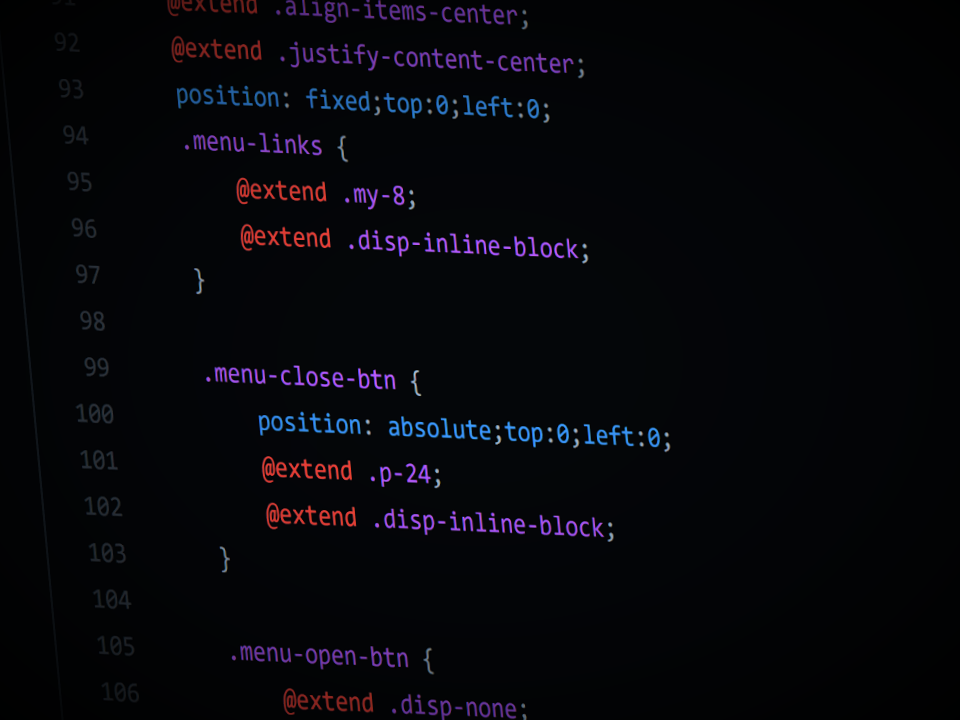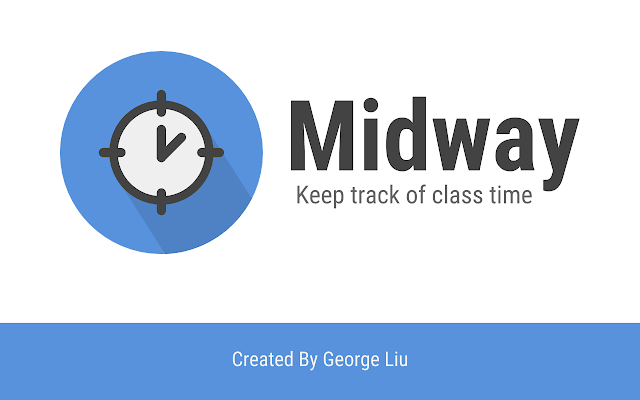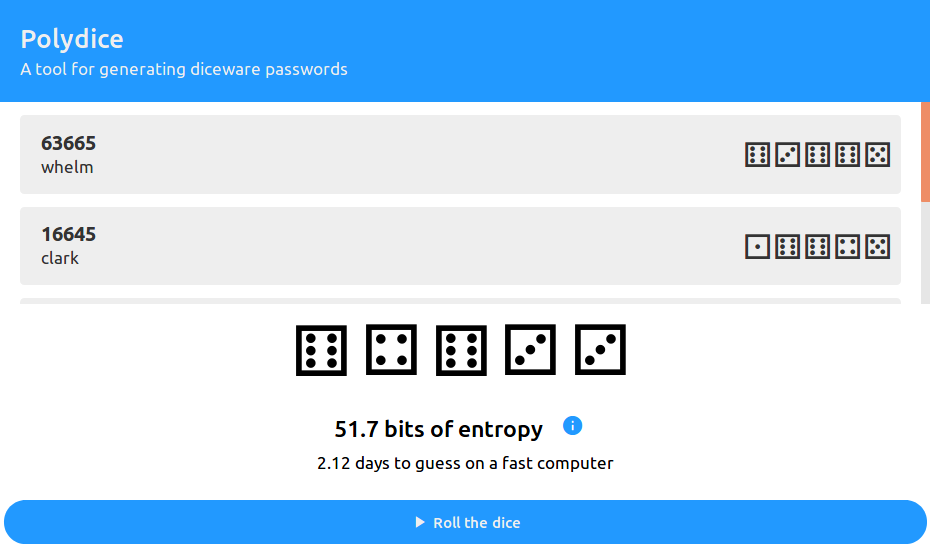
Related posts
Must-reads

Why you should build your own CSS framework and what I learned building one
With the rise in utility-first CSS libraries, I wanted to dive deeper into why that’s the case, and why we I think it’s valuable to re-invent the wheel.

How I Got Started With Contributing to Firefox
I admit, I used to think contributing to Firefox was basically impossible, especially as someone who didn’t yet know Rust or C++. And even if I overcame this hurdle, I thought it was hard to get set up, difficult to find bugs that are well-scoped to what I can actually accomplish given my skillset, and challenging to understand the complex codebases that would be typical of large software projects. But I wanted to help. And after hacking Google Chrome, I realized that maybe I could, or at least I could try.

Towards Efficient Multiplication
Recently, I was trying to figure out a way to create my own arbitrary precision floating point arithmetic library. For those of you unaware, floating point simply means numbers are represented in scientific notation and that allows computers to express really large or really small numbers and everything in between. However, one problem of floating point numbers is that they are normally represented with a limited amount of precision.

A Javascript Developer's Guide to Contributing to Firefox
Note that while I’ve done my best to make sure the content here is correct, there may be slight inaccuracies. At time of publishing, there isn’t much documentation on the inner workings of modules in Firefox, but I’m planning on sending in a patch to the official Firefox docs.


